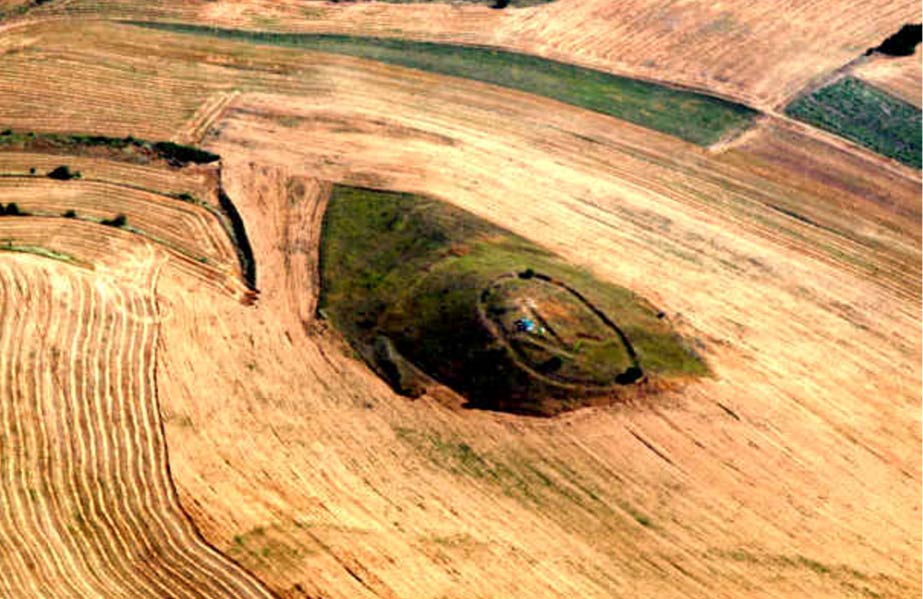So I found it. It comes from Strategicon written by Kekaumenos in 1075 AD. The exact phrase is "and the general in the Bulgarian dialect is called Tzelnikos (Τζελνίκος)".
It is in page 28, verse 14 (page 50 of the pdf file of the link)
About the author:
It is in page 28, verse 14 (page 50 of the pdf file of the link)
About the author:


Comment